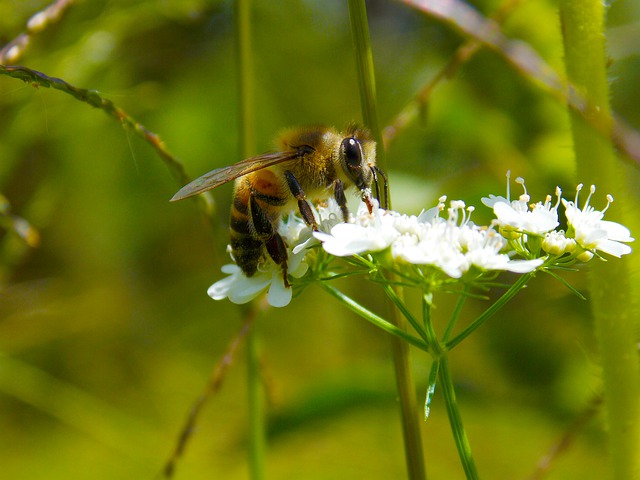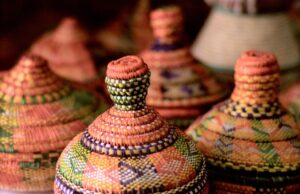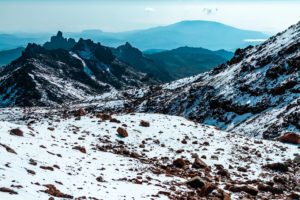Majira ya mchipuko: Talking about Spring in Swahili
In this post, we’ll learn vocabulary expressions that you can use to talk about spring in Swahili. First, we’ll learn some general vocabulary that you can use to welcome the season. Next, we’ll see some expressions that you can use to talk about spring weather and longer days. After that we’ll see some expressions that you can use to talk about a spring mood. Finally, we’ll end with expressions and vocabulary to talk about the natural world during the spring.
Majira ya mchipuko yako hapa! Spring is here!
At long last, hali ya hewa ya baridi the cold weather and siku chache the few days of winter are over, at least in the northern hemisphere. Even if other things going on in the world are not very happy, at least we have the spring to enjoy. And that means hali ya hewa ni ya joto the weather is warmer, siku ni ndefu zaidi the days are longer, kuna mwanga wa jua zaidi there’s more sunlight, and of course kuna maua mazuri there are beautiful flowers. So, let’s cover some happy, bright vocabulary to help you talk about the spring in Swahili.
Siku ni joto zaidi. The days are warmer.
The best thing about spring is probably hali ya hewa nzuri the nice weather and mwanga wa jua the sunshine. Hopefully you’ll find plenty of occasions to say:
- Hali ya hewa ni nzuri.
The weather is nice. - Kuna joto leo.
It’s warm today. - Kuna jua leo.
It’s sunny today. - Anga ni bluu.
The sky is blue. - Jua linawaka.
The sun is shining.
Siku ni ndefu zaidi. The days are longer.
Being on or close to the equator, East Africa has never used daylight savings time, and the amount of daylight doesn’t change much throughout the year. But if you live at a more northern or southern latitude, you may want to say:
- Tuna mwanga zaidi wa mchana.
We have more daylight. - Usiku ni mfupi.
The night is shorter. - Jua hutua baadaye.
The sun sets later. - Jua huchomoza mapema.
The sun rises earlier.
Even if that last one isn’t technically true, it seems that way. And spring is as much an attitude as anything else. Speaking of which…
Nina furaha! I am happy!
It’s no exaggeration that many people’s moods change in the spring. Everything is brighter and happier, so you might want to say:
- Niko katika hali nzuri leo.
I’m in a good mood today. - Nina furaha kwa sababu ni majira ya mchipuko.
I’m happy because it’s spring. - Nina nguvu zaidi.
I have more energy. - Najisikia vizuri.
I feel great.
Asili: Nature
How about asili nature? In the spring you probably want to talk about ndege the birds, maua the flowers, and majani ya kijani the green leaves.
- Maua yanachanua.
The flowers are blooming. - Majani yanachipuka.
Leaves are budding. - Ndege wanaimba.
The birds are chirping. - Hewa ni safi.
The air is fresh.
Even if things are difficult this year, thinking about spring will hopefully bring tabasamu a smile to your face.
Get on the road to speaking Swahili with the Language Garage!
We hope you’ve enjoyed learning how to talk about spring in Swahili. If you’d like to learn more:
- Create a free Language Garage account to access tons of Swahili vocabulary, grammar, and culture.
- Follow us on Facebook, LinkedIn, BlueSky, Twitter, Threads, Instagram, or Pinterest. We publish lots of Swahili vocabulary, grammar, and culture notes, so it’s a great way to pick up some new vocabulary and practice.
- Check out our other posts on Swahili language, culture, and more.
- Enroll in affordable, flexible, and personalized private online Swahili lessons or sign up for a small group online Swahili class.
Image by Love Art. Live Art. from Pixabay






